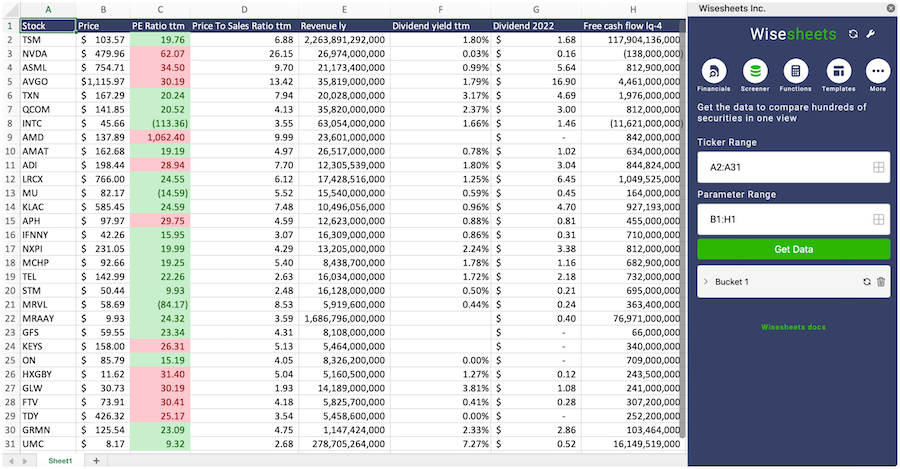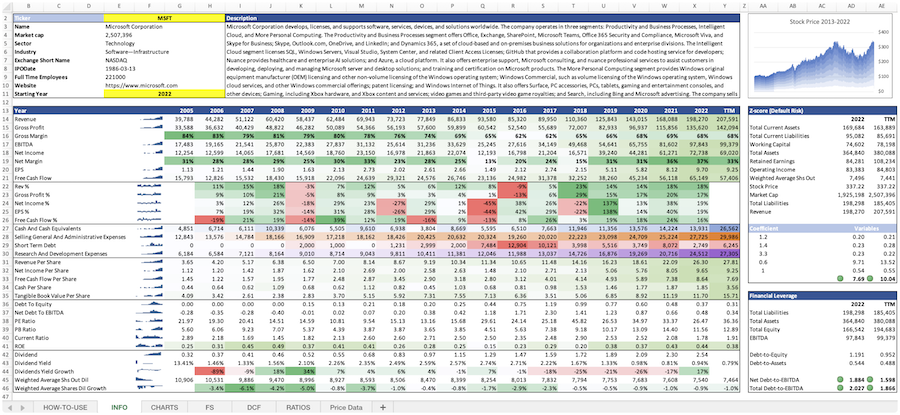Navkar Corporation Limited
NAVKARCORP.BO
Price:
$97.65
Market Cap:
$14.71B
Navkar Corporation Limited provides container freight station, inland container depot, rail terminal, container train operator, and warehousing and other logistics solutions in India. It operates two private freight terminals, which are used for handling export rakes of agro products, domestic rakes, and container rakes. The company also operates a buffer yard and warehouses for storage of various export and import related cargoes, such as bagged, unpacked, heavy lifts, grains, chemicals, steel, metals, project cargoes, etc., as well as provides consolidation of cargoes. In addition, the company handles various refrigerated containers, and over-dimensional cargoes and out-of-gauge cargoes; m...[Read more]
Industry
Integrated Freight & Logistics
IPO Date
2015-09-09
Stock Exchange
BSE
Ticker
NAVKARCORP.BO
PE Ratio
[-63.41]
ROE
[-1.19%]
Current Ratio
[1.52]
Dividend Yield
[0%]
Enterprise Value
[16.46B]
Dividend History
The PE Ratio as of December 2025 (TTM) for Navkar Corporation Limited (NAVKARCORP.BO) is -63.41
According to Navkar Corporation Limited’s latest financial reports and current stock price. The company's current PE Ratio is -63.41. This represents a change of -226.04% compared to the average of 50.31 of the last 4 quarters.
Navkar Corporation Limited (NAVKARCORP.BO) Historical PE Ratio (quarterly & annually)
How has NAVKARCORP.BO PE Ratio performed in the past?
The mean historical PE Ratio of Navkar Corporation Limited over the last ten years is -74.18. The current -63.41 PE Ratio has changed 8.45% with respect to the historical average. Over the past ten years (40 quarters), NAVKARCORP.BO's PE Ratio was at its highest in in the June 2025 quarter at 171.81. The PE Ratio was at its lowest in in the September 2024 quarter at -217.08.
Average
-74.18
Median
9.98
Minimum
-849.36
Maximum
29.43
Navkar Corporation Limited (NAVKARCORP.BO) PE Ratio by Quarter and Year
Discovering the peaks and valleys of Navkar Corporation Limited PE Ratio, unveiling quarterly and yearly fluctuations to gain insights into the company’s financial performance and market dynamics, offering valuable data for investors and analysts alike.
Maximum Annual Increase = 396.41%
Maximum Annual PE Ratio = 29.43
Minimum Annual Increase = -9966.12%
Minimum Annual PE Ratio = -849.36
| Year | PE Ratio | Change |
|---|---|---|
| 2025 | -33.61 | -96.04% |
| 2024 | -849.36 | -9966.12% |
| 2023 | 8.61 | 20.74% |
| 2022 | 7.13 | -75.78% |
| 2021 | 29.43 | 396.41% |
| 2020 | 5.93 | -47.72% |
| 2019 | 11.34 | -54.01% |
| 2018 | 24.66 | -16.20% |
| 2017 | 29.43 | 19.63% |
| 2016 | 24.60 | -8.62% |
Navkar Corporation Limited (NAVKARCORP.BO) Average PE Ratio
How has NAVKARCORP.BO PE Ratio performed in the past?
The current PE Ratio of Navkar Corporation Limited (NAVKARCORP.BO) is greater than its 3-year, greater than its 5-year, and greater than its 10-year historical averages
3-year avg
-291.45
5-year avg
-167.56
10-year avg
-74.18
Navkar Corporation Limited (NAVKARCORP.BO) PE Ratio vs. Peers
How is NAVKARCORP.BO’s PE Ratio compared to its peers?
Navkar Corporation Limited’s PE Ratio is less than Indo Tech Transformers Limited (19.73), less than Indo Tech Transformers Limited (19.73), less than SEPC Limited (53.61), less than SEPC Limited (53.61), less than Frontier Springs Limited (29.93), less than BLS E-Services Limited (33.30), less than Balmer Lawrie Investments Limited (9.40), less than Exicom Tele-Systems Limited (-7.13), less than Exicom Tele-Systems Limited (-7.13), less than The Indian Hume Pipe Company Limited (3.84),
| Company | PE Ratio | Market cap |
|---|---|---|
| 19.73 | $16.61B | |
| 19.73 | $16.71B | |
| 53.61 | $16.17B | |
| 53.61 | $16.16B | |
| 29.93 | $15.22B | |
| 33.30 | $18.80B | |
| 9.40 | $16.11B | |
| -7.13 | $16.66B | |
| -7.13 | $16.70B | |
| 3.84 | $21.07B |
Build a custom stock screener for Navkar Corporation Limited (NAVKARCORP.BO) and other stocks
One of the best ways to find valuable stocks to invest in is to build a custom made screener in your Excel or Google Sheets spreadsheet. This allows you to compare thousands of companies like Navkar Corporation Limited using the financials and key metrics that matter to you in a single view.
The easiest way to set this up is to use the Wisesheets add-on and set your spreadsheet like this:
Covering all these metrics from financial, data, dividend data, key metrics and more you can get all the data you want for over 50+ exchanges worldwide.
Get your free trial here.
Navkar Corporation Limited (NAVKARCORP.BO) and other stocks custom spreadsheet templates
The easiest way to analyze a company like Navkar Corporation Limited or any others is to create a spreadsheet model that automatically retrieves all of the stock data you need.
Using Wisesheets you can set up a spreadsheet model like this with simple spreadsheet formulas. If you change the ticker you can get all of the data automatically updated for you.
Whether you need live data, historical price data, financials, dividend data, key metrics, analyst estimates, or anything else...Wisesheets has you covered.
Frequently asked questions❓
What is the PE Ratio?
How can you use the PE Ratio?
What is Navkar Corporation Limited's PE Ratio?
How is the PE Ratio calculated for Navkar Corporation Limited (NAVKARCORP.BO)?
What is the highest PE Ratio for Navkar Corporation Limited (NAVKARCORP.BO)?
What is the 3-year average PE Ratio for Navkar Corporation Limited (NAVKARCORP.BO)?
What is the 5-year average PE Ratio for Navkar Corporation Limited (NAVKARCORP.BO)?
How does the current PE Ratio for Navkar Corporation Limited (NAVKARCORP.BO) compare to its historical average?

